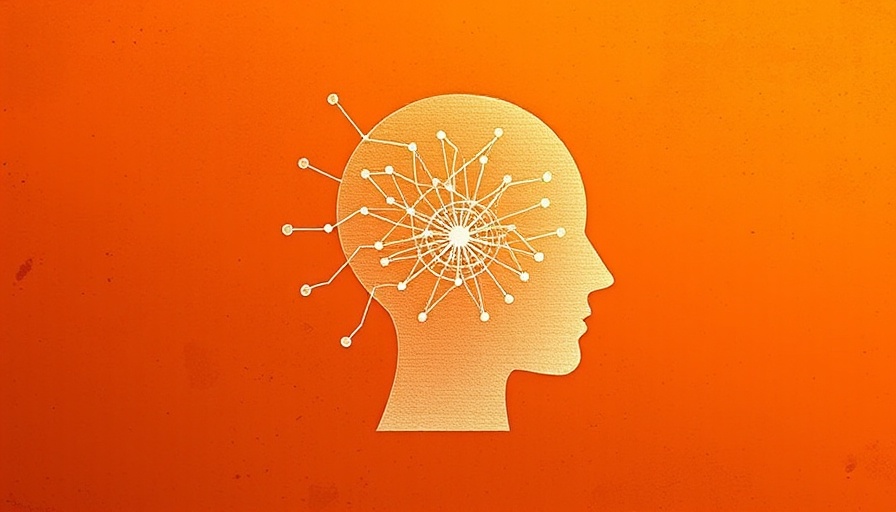
Introducing Enhanced Web Search Capabilities
Anthropic has taken a significant leap in the world of conversational AI with the recent announcement of web search capabilities for its Claude chatbot. This feature promotes a more seamless user experience, allowing Claude to provide more up-to-date information in response to user queries. Unlike many chatbots that require users to manually trigger a web search, Claude autonomously decides when it’s best to retrieve real-time data. This proactive approach is designed to enhance user interaction by delivering timely and relevant information, adhering to Anthropic's mission to create useful and adaptable AI.
Understanding the Automatic Integration of Web Search
In a landscape that includes competitive AI solutions such as ChatGPT, which prompts users to perform web searches manually, Claude's automatic searching functionality stands out. According to Scott White, who leads the development of Claude's web integration, this feature aims to serve as an always-on resource. When users pose questions that may have changing answers, Claude's ability to pull from the web allows it to refine initial responses, enhancing accuracy.
The Importance of Current Data in AI Responses
This improvement is particularly crucial for queries that require current data. For instance, when asked about the latest advancements in AI technology, Claude’s web-enabled feature tackles outdated training data. As discussed, while Claude's standard knowledge base extends up to October 2024, ChatGPT's aligns with June 2024. This discrepancy can lead to misinformation if the web search is not utilized. The automatic capability of Claude addresses these limitations, ensuring that users receive fresh, validated information in real-time.
Potential Market Implications for Claude AI
The introduction of web search could have substantial implications for several sectors, especially as businesses and individuals increasingly rely on AI for up-to-date information. Chatbots have traditionally been perceived as tools for routine inquiries; however, by incorporating advanced web search, Claude positions itself as a pivotal resource for more pressing information needs. This could make it an attractive tool for professionals across various industries such as marketing, finance, and logistics where access to accurate data is vital.
Deep Learning from User Interaction
Furthermore, Claude’s capability to learn from user preferences adds another layer of sophistication to its design. As users interact with the chatbot, it can adapt based on feedback, thus refining its responses and search efforts over time. Such advancements highlight a shift towards more personalized AI experiences, where the technology not only responds to inquiries but evolves to meet user needs effectively.
The Future of AI with Claude
As the technology matures, there's a significant opportunity for Claude and similar chatbots to redefine how users interact with digital information. If Claude establishes itself as a reliable source of real-time insights, it could lead to broader acceptance of AI-based tools across everyday tasks. This shift might pave the way for developments in how information is curated and consumed in different sectors.
Conclusion: Embracing the New Era of AI
As Anthropic rolls out the web search feature for its Claude chatbot, it demonstrates a robust understanding of the current technological landscape. By combining real-time data retrieval with conversational AI, it enhances user engagement and support. Users should be prepared for a more enriched conversational experience with Claude, and companies may want to explore how such AI capabilities can be integrated into their own workflows.
 Add Row
Add Row  Add
Add 




 Add Row
Add Row  Add
Add 

Write A Comment